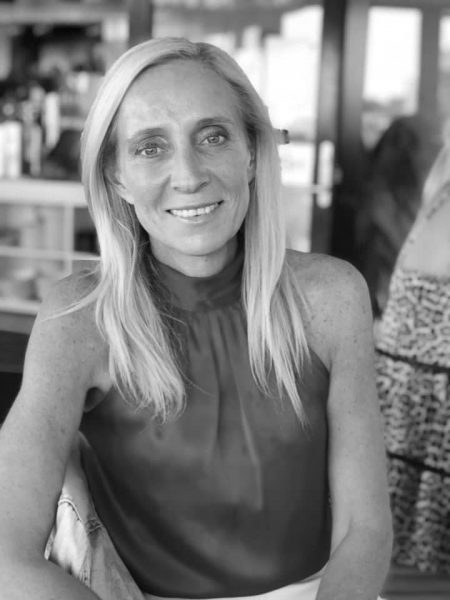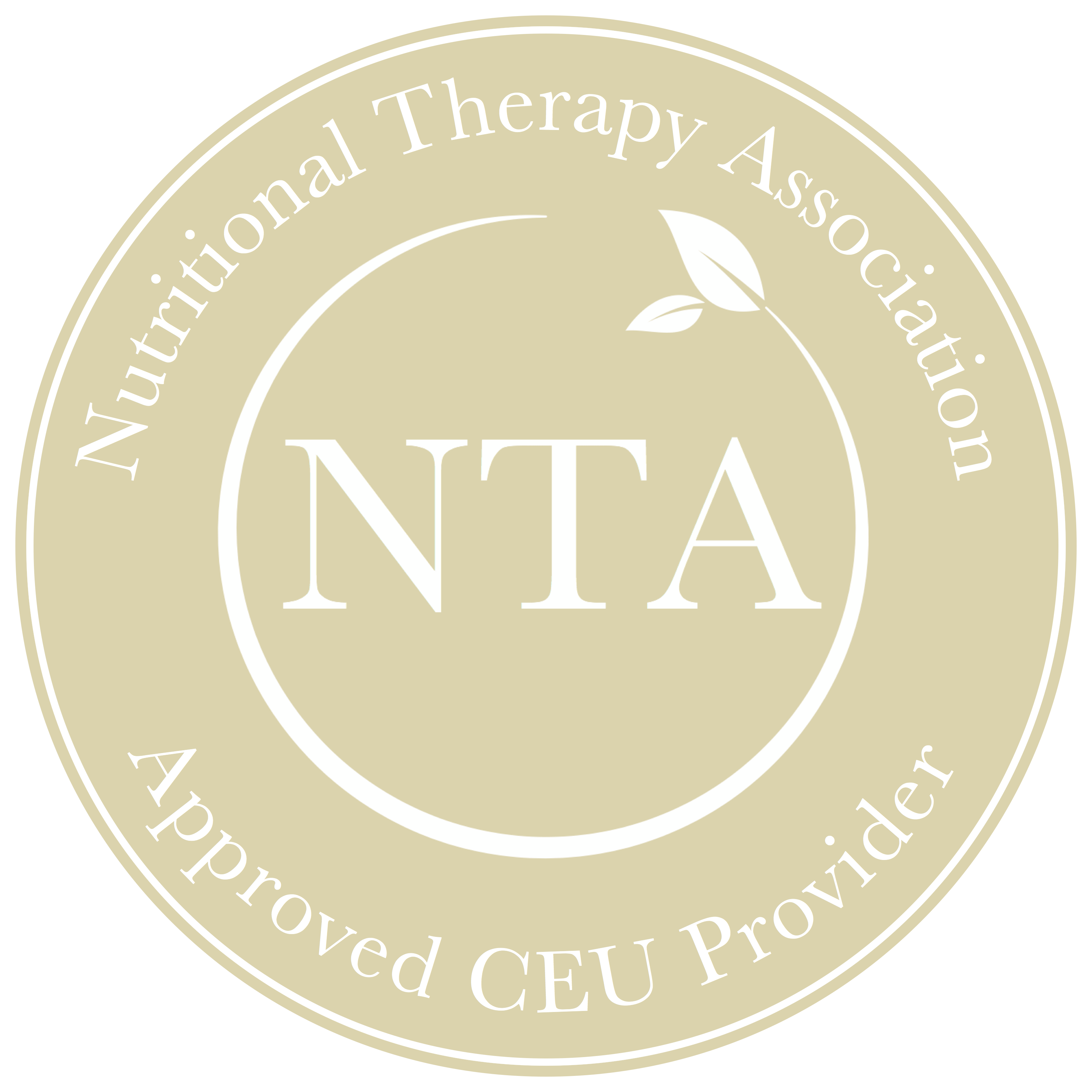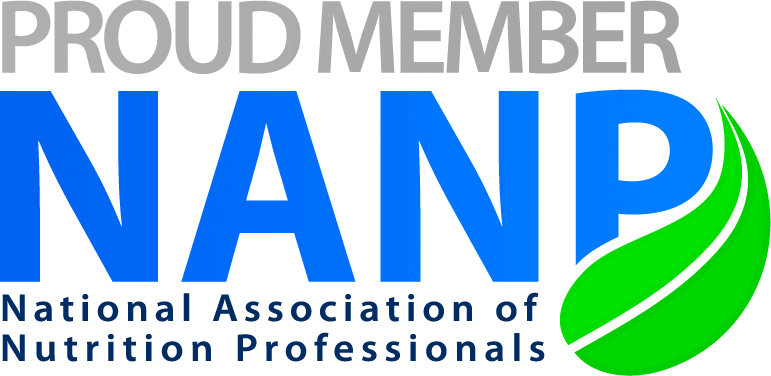By Deanne Landers, RWS Faculty
When a client receives a diagnosis, it can feel like their entire identity becomes wrapped up in their condition. They may feel powerless, fearful, or even resigned to their circumstances. As practitioners, one of the greatest gifts we can offer is the reassurance that their disease does not define them. Instead, we can help them move from a mindset of victimhood to one of empowerment, guiding them toward a holistic view of healing and resilience.
The Power of Words
The language we use with our clients matters. Words can either reinforce limitations or open the door to possibilities.
Instead of referring to someone as “a diabetic” or “an autoimmune client”, we can reframe their condition in a way that reminds them they are more than their diagnosis.
For example, by saying:
“You are a person living with diabetes”
or
“You are experiencing an autoimmune condition”
…we separate their identity from their illness, reinforcing their wholeness beyond the diagnosis.
Here are other examples of things we can say:
“I hear you, and I understand this is challenging. But I also see your strength, your resilience, and your ability to move forward. You are not your illness—you are you, and you are capable of so much more than this condition may lead you to believe.”
“I want you to know that your diagnosis is just one part of your journey—it does not define who you are. You are so much more than this condition, and you have the power to support your body in healing and thriving.”
A diagnosis often comes with a wave of emotions—grief, frustration, fear, or even relief in finally having answers. Validating a client’s emotions without allowing them to stay stuck in a victim mindset is key. We can acknowledge their pain and struggles while also encouraging them to see the potential for growth, healing, and transformation.
Reading Between the Lines
One of the first opportunities we have to assess a client’s emotional state is through their intake forms. When clients describe their history, condition, and rate their readiness for change, a skilled practitioner can often read between the lines to detect signs of hopelessness or resignation.
If a client expresses feeling “stuck,” “overwhelmed,” or rates their readiness as low, it may indicate they have lost confidence in their ability to heal. Our very first consultation, then, is a chance to establish hope and validate that they are worthy and capable of healing and moving forward toward their dreams.
A powerful way to introduce this shift might sound like:
“I see that you’ve been dealing with this for quite some time, and I can only imagine how exhausting and frustrating it has been. But I also want you to know this—your story is not over. You are not broken. Your body is not working against you; it is asking for the right support. And together, we will find the tools and steps that empower you to feel better, regain your energy, and move toward the life you desire.”
Shifting from Victim to Empowered
Empowerment comes from recognizing that, while a disease may be part of a person’s life, it does not define their identity or limit their future. Here’s how we can guide clients through that shift:
- Encourage Self-Compassion – Help clients reframe their self-talk. Instead of “Why is this happening to me?” guide them toward “What can I learn from this experience? How can I support my body through this?”
- Focus on What They Can Control – Disease can make people feel out of control, but small, daily choices—nutritional changes, stress management, movement, and mindset work—can have a profound impact. Reinforce that they have the power to influence their well-being.
- Celebrate Progress, Not Perfection – Healing is a journey, not a linear path. Remind clients that every small step toward better health matters and should be celebrated.
- Encourage a Holistic Perspective – True healing involves more than just physical health; emotional and spiritual well-being play a crucial role. Mindfulness, gratitude, and positive visualization can shift energy from limitation to possibility.
- Guide Them Toward Their Inner Wisdom – Encourage clients to listen to their bodies and trust their intuition. Remind them that they are their own best advocate, and their body has an innate ability to heal when supported properly.
Leading with Empathy and Empowerment
As practitioners, our role is not only to educate but to inspire hope and confidence. By helping clients detach from a victim mindset and embrace their own power, we become catalysts for transformation. Their disease is a part of their journey, but it is not the whole story.
Empowerment begins with the belief that, despite a diagnosis, they are still whole, still capable, and still in charge of their own health and happiness. And that belief can change everything.
True empowerment comes when clients recognize that healing is not just about treating symptoms—it’s about cultivating resilience, adopting self-care practices, and nurturing a deep sense of self-worth.
We can remind them that their body is not failing them; it is asking for support. Instead of feeling betrayed by their health, they can learn to partner with their body, responding with kindness, patience, and nourishment.
Encouraging clients to see themselves as active participants in their health journey rather than passive recipients of medical interventions shifts their energy from fear to confidence. When they begin to trust in their body’s ability to heal, they regain autonomy and hope.
Our role is to guide them with knowledge, compassion, and unwavering belief in their capacity to heal. By fostering this mindset, we empower them to make choices that align with their highest well-being, transforming their diagnosis from a limitation into an opportunity for growth, self-discovery, and healing.
About the Author

Deanne Landers, Instructor & Asia/Pacific Liaison
FNTP, MRWP
Deanne is an accomplished FNTP and RWP who discovered her love of holistic and functional nutrition through her own health journey. Her vision is to help women navigate through the nutritional confusion so they are empowered to live the life they envision.
With a passion for seeing people vibrantly healthy, and her experience as a Functional Nutritional Therapy Practitioner, Restorative Wellness Practitioner and Certified Gluten-Free Practitioner, she has a proven track record of helping her clients make a remarkable improvement to their health.
Deanne loves empowering women on a journey to find their own self-love and acceptance, while they walk the road to healing their bodies. As she knows from her own experience, it isn’t until we listen to our symptoms and take care in our nutritional choices that we are able to live a healthier and happier life.
She is a busy practitioner, mum to three adult children, and wife to her husband who works abroad in Singapore. Deanne has spent many years living in Southeast Asia and between there and Australia, developed a deep love for combining travel, cooking, and creating inspired recipes to nourish and love.
She runs a practice in Sydney, Australia, where as an FNTP, she uses unique skills to communicate with the body’s innate intelligence to determine underlying nutrient deficiencies and internal stressors. This allows her to customise her work on a deep bio-individual level. She also has a “test don’t guess” policy and uses extensive functional laboratory work to further support her clients’ needs and develop targeted healing protocols for them.
Deanne also gives her time as an Assistant Instructor for the Nutritional Therapy Association Australia.







